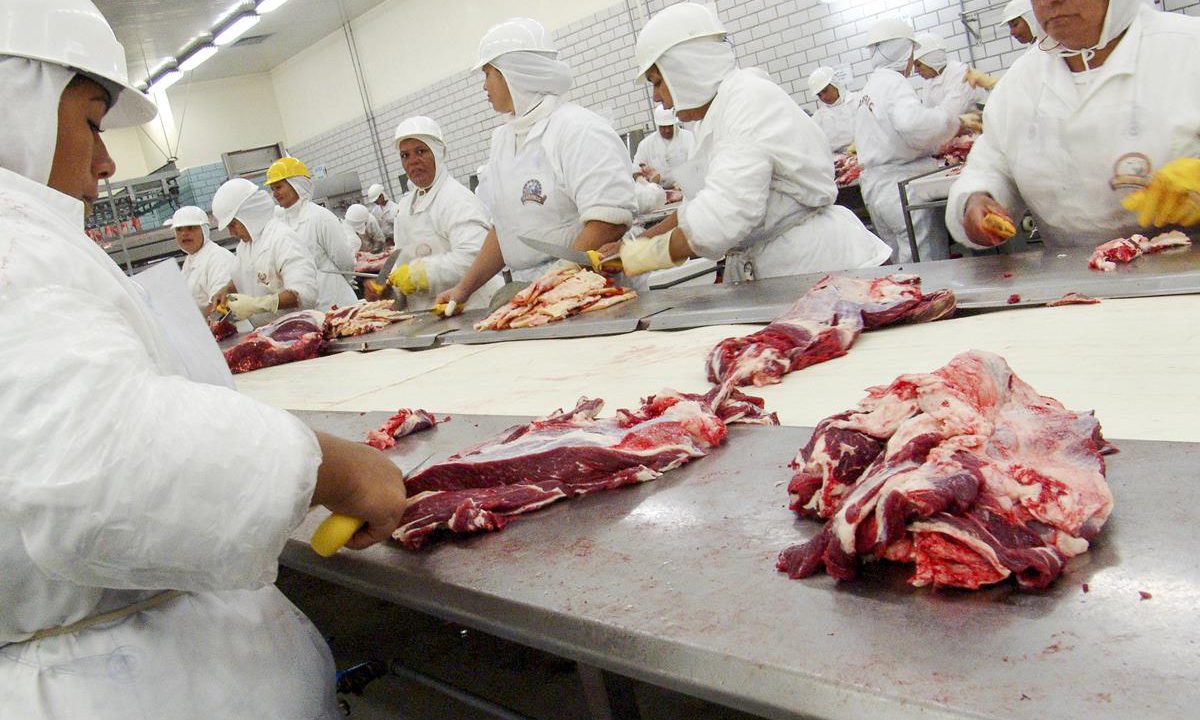From December 1, funding will be made available to hire researchers to work with state agencies and meat plant operators on finding solutions to control and prevent the spread of Covid-19 in workplaces.
This is a result of a grant application made by the Department of Agriculture, Food and the Marine, senior University College Dublin (UCD) academics and other partners in Ireland, Northern Ireland and overseas to Science Foundation Ireland (SFI) seeking funding for further studies in reply to their latest Covid-19 rapid research call.
This research consortium includes the research group and meat processor involved in the investigation of a large outbreak in a German meat processing plant.
Deputy Matt Carthy asked the Minister Charlie McConalogue this week the retrospective environmental investigation that has been carried out to further explore the potential underlying reasons for outbreaks of Covid-19 associated with meat processing plants.
The department conducted a pilot study during July / early August this year, in one plant that had been affected by an outbreak.
“The investigative team assembled documents describing the layout and operation of the plant, the sequence of events that had occurred and the distribution of Covid-19 cases,” the minister explained.
“This was followed up by a site visit, which included a semi-structured interview with local managers (primarily to clarify how Covid-19 risk was assessed and managed on-site) and a walk through different working areas of the plant to observe key operational steps and risk mitigation measures.
“A sub-group of the investigative team spent several days undertaking physical and environmental measurements, including measuring bio-aerosols.”
Further studies are warranted
According to the minister, bio-aerosols were measured in the boning hall and compared with similar measurements in the abattoir.
“A gradual but steady increase in the concentration of bio-aerosols (and the concentration of CO2) was measured over the course of a working shift in the boning hall but not in the abattoir,” the minister continued.
These findings are preliminary and only represent a single affected factory, however, they “corroborate other international findings highlighting a particular risk in meat plants relating to the re-circulation of chilled air in those working areas where meat is cut and packaged”.
“Further studies are warranted to establish if this is a consistent pattern in affected Irish meat plants and to validate additional mitigation measures,” the minister added.
